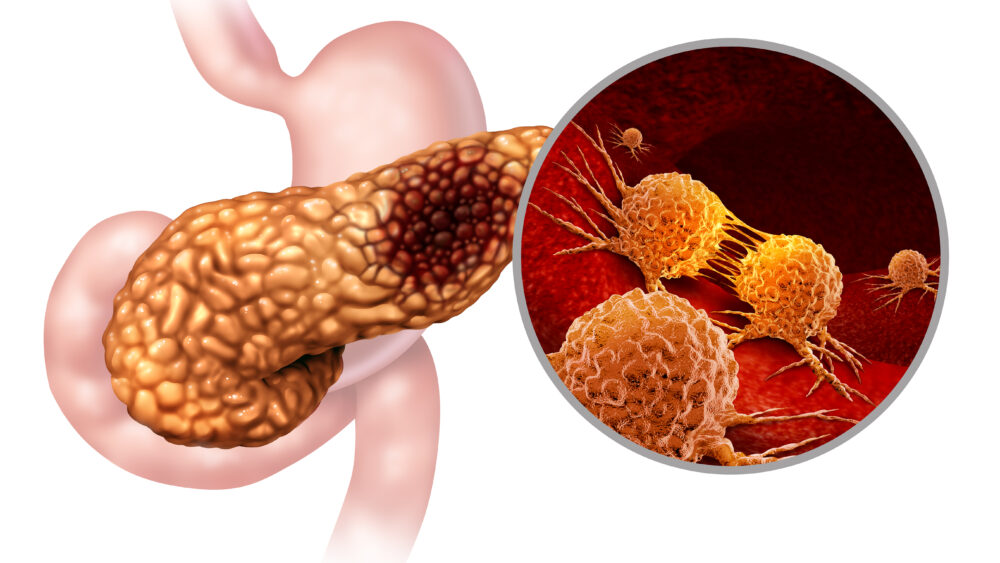Pancreatic cancer is now responsible for 3 percent of all cancers and 7 percent of cancer deaths, and has a relative five-year survival rate when diagnosed early. Often, pancreatic cancer doesn’t cause symptoms until after it has spread to other organs.
Despite pancreatic cancer being relatively uncommon, there are still several major risk factors. According to a new article published in The New York Times, smoking is a risk factor, as it doubles the possibility for development for a quarter of the cases. Obesity and gaining excess weight can also increase the risk.
Diabetes as a Possible Pancreatic Cancer Risk Factor
Type 2 diabetes may also be an important risk factor, as it is often linked to being overweight. Chronic pancreatitis, inflammation of the pancreas – often due to excessive alcohol consumption and smoking – and exposure to certain cleaning chemicals are also risk factors, as is old age and family history.
Diabetes stems from the pancreas because the organ contains cells that produce the hormone insulin which regulates blood sugar levels. While it’s not known whether diabetes or cancer comes first, there has been research suggesting the development of Type 2 diabetes is an indicator of pancreatic cancer.
What Studies Have Revealed
A study from 2005 consisting of 2,122 residents of Rochester, Minnesota, by Dr. Suresh T. Chari, now a gastroenterologist at The University of Texas MD Anderson Cancer Center, discovered that within three years of obtaining a diabetes diagnosis, people were six to eight times more likely to have pancreatic cancer.
During another study, Dr. Chri and colleagues at the Mayo Clinic identified a gene called UCP-1 that may predict the development of this cancer in people with existing diabetes.
More recently, Dr. Maxim S. Petrov, a professor of pancreatology at the University of Auckland School of Medicine, led a September 2020 study in New Zealand that consisted of nearly 140,000 people with Type 2 diabetes, pancreatitis, or both. The study followed these participants for up to 18 years. The results revealed that those who developed diabetes after pancreatitis were seven times more likely to develop pancreatic cancer.
Looking to The Future
The Pancreatic Cancer Action Network is launching a study called the Early Detection Initiative for Pancreatic Cancer, and enrolled 12,000 participants with new-onset diabetes and elevated blood sugar levels. Half of the participants will have periodic blood tests and abdominal imaging and the other half will serve as part of the control group.
The goal of the study is to focus on any biological markers, such as specific genes that are proteins, that could be used as screening tests as an indicator of cancer. The results of this specific study will not be known before 2030.



